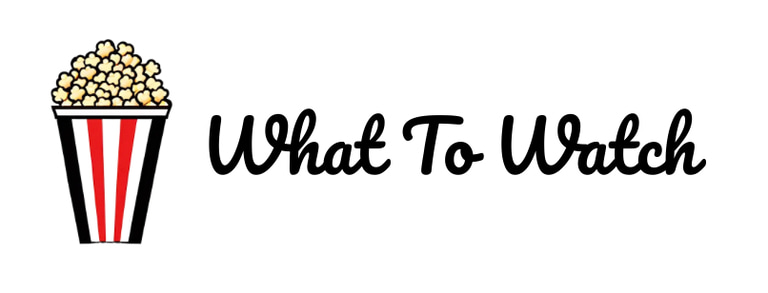Top 10 Films of 2025 (So Far...)
As we reach the halfway point of the summer season, it’s time to take stock of the films that have truly stood out. From animated odysseys to gothic horror, character dramas to architectural epics, these are the ten UK cinema releases that have defined the year so far.
8/1/20256 min read
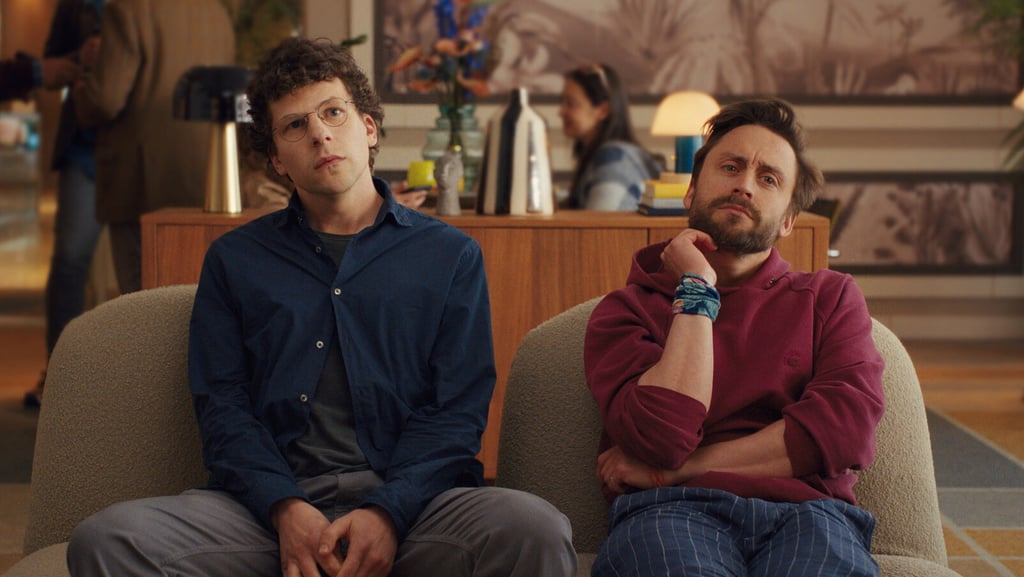

#1. A Real Pain (Dir. Jesse Eisenberg)
Jesse Eisenberg’s second feature sneaks up on you. It starts as a quirky road comedy — two cousins (Kieran Culkin and Eisenberg) bickering their way through a Holocaust heritage tour in Poland — and gradually unfolds into something quietly profound. Culkin is extraordinary here, veering between brash hilarity and devastating vulnerability without missing a beat. There’s a firecracker looseness to his performance that never feels calculated. The script crackles too, full of sharp one-liners (“Money is like heroin for boring people”) but always aware of the weight hanging under the jokes. It’s a film about history, family, and the unspeakable parts of ourselves that surface in grief — somehow all within a brisk 90 minutes.
#2. Conclave (Dir. Edward Berger)
You’d be forgiven for assuming a Vatican-set thriller about papal succession would be solemn and inert. What a surprise, then, that Conclave turns out to be one of the most slyly entertaining films of the year. Trapped inside the grandeur of the Sistine Chapel, cardinals jostle for influence while Ralph Fiennes’ quietly watchful Dean navigates the moral and political labyrinth. It’s suspenseful, yes, but also surprisingly funny — like a chess game played with novelty incense and Latin chants. The production design is sumptuous, yet there’s a modern pulse beneath the robes and ritual. With a star-studded supporting cast, Stanley Tucci and Isabella Rossellini are particularly effective. Decision making for family films will never be the same again (but probably take just as long).
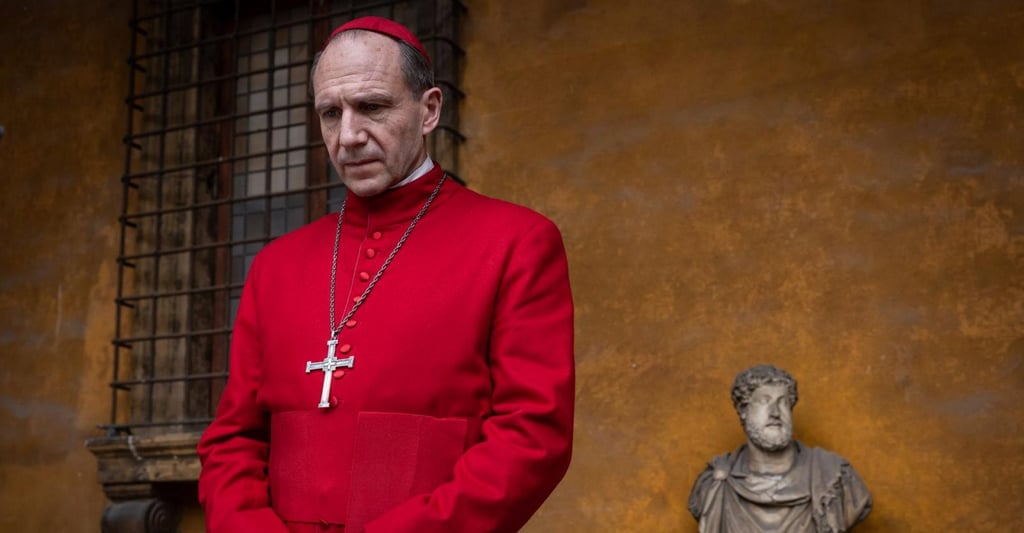

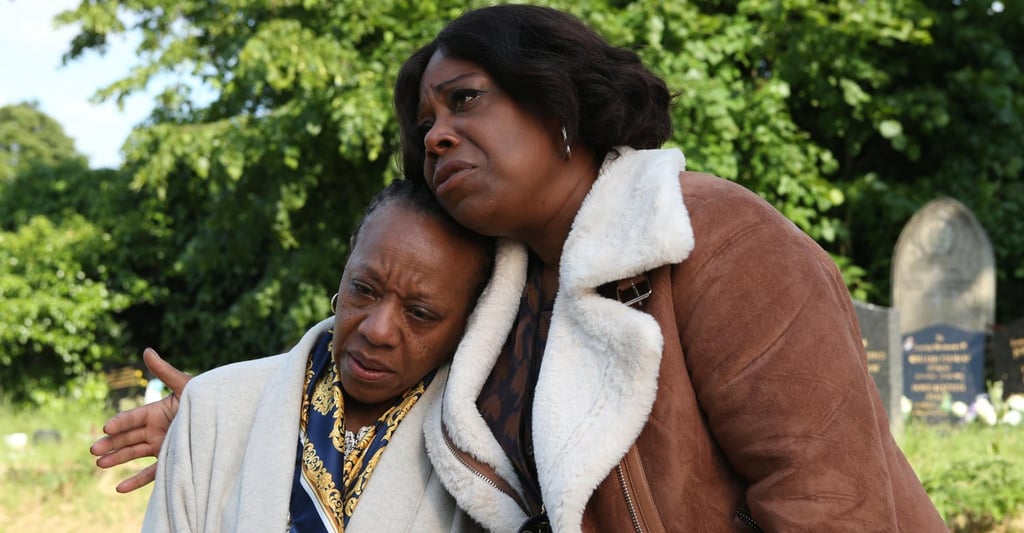

#3. Hard Truths (dir. Mike Leigh)
Mike Leigh’s return is as raw, funny, and observant as ever — a sharply etched story about family, identity, and all the uncomfortable things that remain unspoken. Marianne Jean-Baptiste leads with astonishing vitriol as a mother quietly losing her grip on her grown children, husband, and daily routine. What follows is a series of collisions, each laced with humour and pain in equal measure. There’s an emotional honesty here that stings: the kinds of conversations you dread having, laid bare with unblinking clarity. It’s also very funny — the kind of wincing, awkward laughter that comes from real life rather than punchlines. You leave feeling a bit exposed... and maybe with a new appreciation for your own inner pansy.
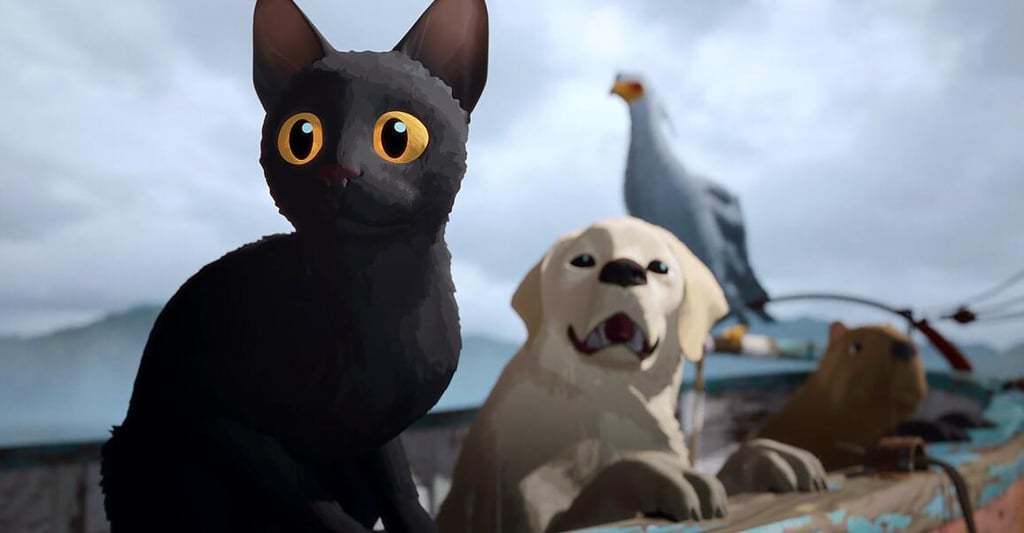

#4. Flow (Dir. Gints Zilbalodis)
A black cat sails through a flooded world, collecting a ragtag crew of animals on a journey of survival and companionship. That sentence shouldn’t work as the log line for one of the most emotionally affecting films of the year — and yet I left in tears (and I don't even particularly like cats). Flow is a dialogue-less animated, minimal exposition, and somehow an enormous emotional register. The animals remain animals — they don’t speak, don’t emote in a cartoonish way — but their relationships are full of feeling that can't help but take on a human aspect. There’s something beautifully human in the way they bond, drift apart, and rejoin under pouring rain. The animation has a hand-crafted simplicity that might lack studio polish but never emotional clarity. It’s a meditation on friendship, trauma, resilience, adaptability, and hope in the face of collapse — and it’s also just really, really cute. Meow.
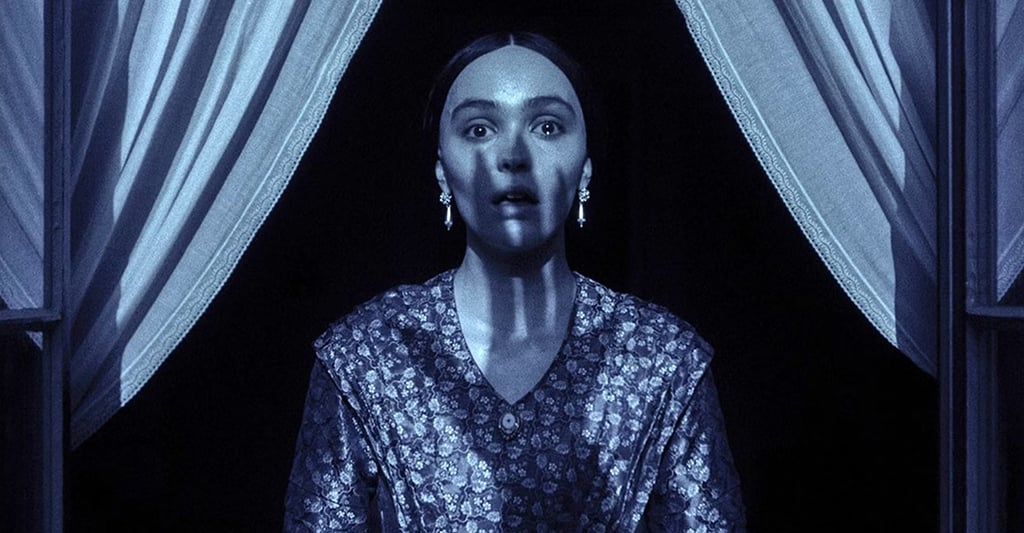

#5. Nosferatu (Dir. Robert Eggers)
I don't tend to love horror, but I lapped this up like a thirsty vampire. Robert Eggers’ take on Nosferatu is lavish, eerie, and wildly theatrical — a delirious gothic mood piece that’s as much romantic tragedy as it is vampire tale. The first half is pitch-perfect, dripping with tension, sensuality and dread. Lily-Rose Depp leads with a haunted sensuality, while Bill Skarsgård’s Count Orlok slinks through the shadows with grotesque, magnetic menace. It drags a little in the second act, but by then the spell has been cast. The production design is sumptuous — all flickering candlelight, fog-drenched alleys, and crumbling interiors. Eggers, already infamous in my family after I forced The Lighthouse on them with little introduction (they’ve never forgiven me), brings his signature strangeness and historical precision. I’ll be no doubt one of many scaring my partner with Skarsgård noises and a clawed hand for the next month.
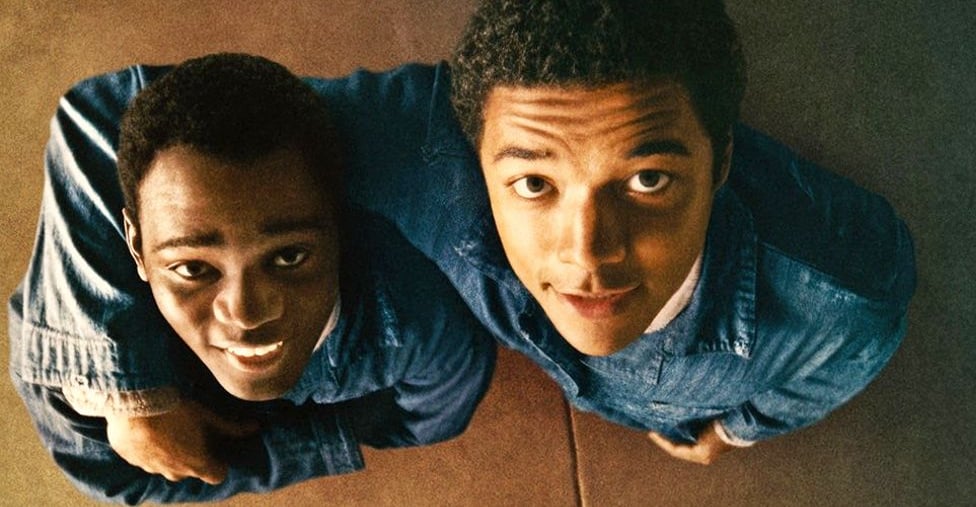

#6. Nickel Boys (Dir. RaMell Ross)
This formally ground-breaking adaptation of Colson Whitehead’s novel hits with the force of lived experience. Set in a Florida reform school in the 1960s, the real-life story follows two boys caught in a system built to dehumanise. The decision to shoot primarily in first-person point-of-view brings an empathetic immediacy that makes the horrors depicted all the more visceral. RaMell Ross brings a documentary photographer’s eye to the visuals — images feel real, not composed. It’s grim, yes, but never gratuitous. There’s beauty in the quiet moments, and tenderness even amid brutality. The result is haunting, humane, and entirely unforgettable.
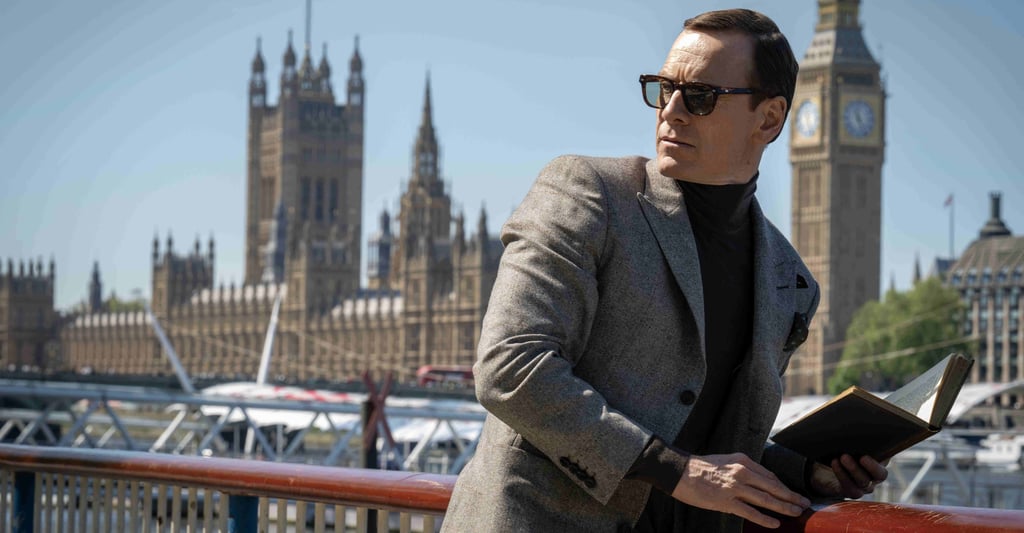

#7. Black Bag (Dir. Steven Soderbergh)
This is mightily fun and endlessly entertaining — about as perfect as they come for a Tuesday afternoon cinema trip. Black Bag plays like a high-class screwball spy caper, with Michael Fassbender and Cate Blanchett trading barbed one-liners and tense stares over a lavish dinner party that doubles as an interrogation. The set-up is simple, the execution razor-sharp. Fassbender (my current guy crush) is all slick charm and barely concealed menace — if only he’d been Bond. The film has the effortless cool and formal precision that Soderbergh does so well, but Black Bag feels like a playful refinement of the genre rather than just another entry.. Under the champagne fizz, there’s betrayal, danger, and old wounds reopening. One to rewatch.
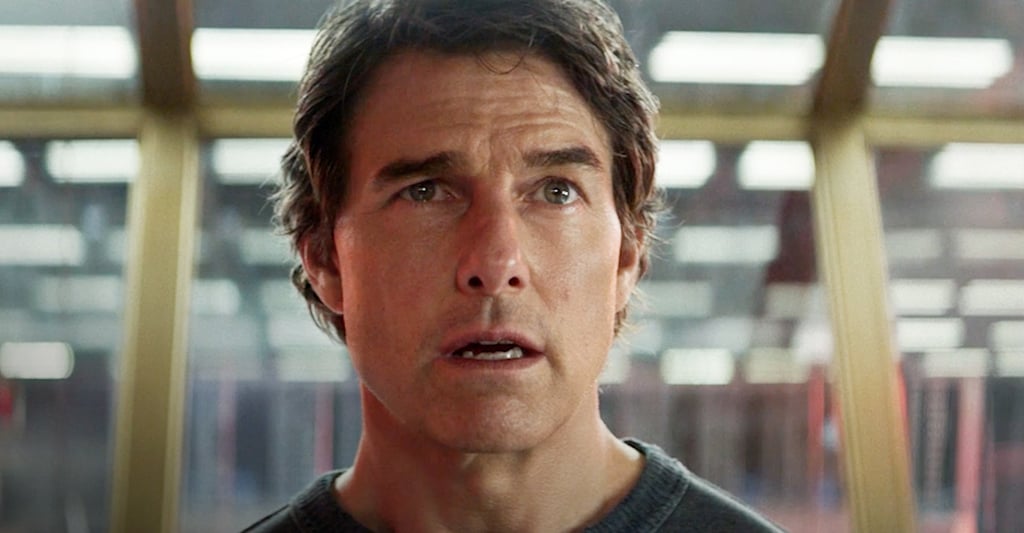

#8. Mission: Impossible — The Final Reckoning (Dir Christopher McQuarrie)
Final Reckoning is exactly what it promises to be: a maximalist spectacle of stunts, masks, and last-minute reversals, delivered with the gleam of precision craftsmanship. The action is as jaw-dropping as ever (you’ll still be talking about that submarine sequence weeks later). The film could have done without the endless wistful nostalgia and knotty exposition, particularly in the first hour, but it's saved by the mesmerising stunts. If this is (really) the end, it’s a worthy one. Next I'd like to see a buddy movie about McQuarrie and Cruise and the circus involved in making of the last few films. Or a documentary about Tom Cruise's obsession with popcorn.
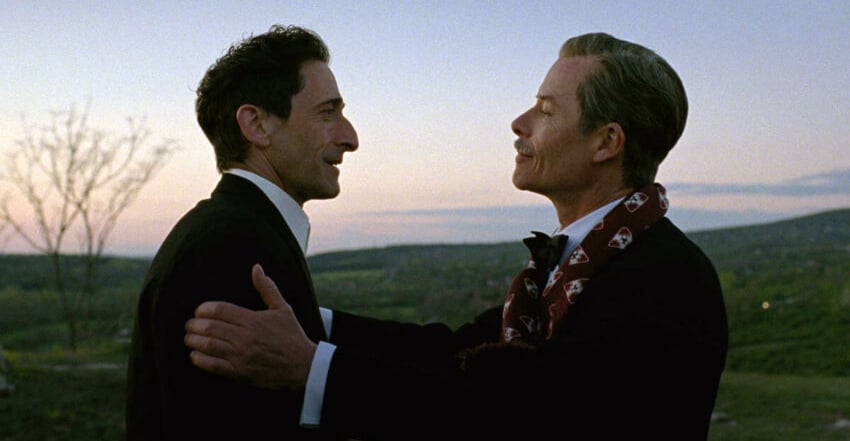

#9. The Brutalist (Dir. Brady Corbet)
Three and a half hours of post-war trauma and architecture shouldn’t be this gripping. Following a Hungarian architect’s emigration to the US, it spans decades, wars, marriages, betrayals, and buildings — lots of buildings. Adrien Brody anchors it all with a performance that feels both weary and visionary, and the production is visually arresting at every turn. Quarry backdrops, pale concrete, and looming interiors make the film feel sculpted as much as shot. There’s so much misery, but never for its own sake — it feels earned, honest, and necessary. The scale is sweeping, but it’s rooted in intimate heartbreak and the knotty topic of creative compromise. Yes, the intermission was bliss (and most needed). More intermissions in cinema, please.
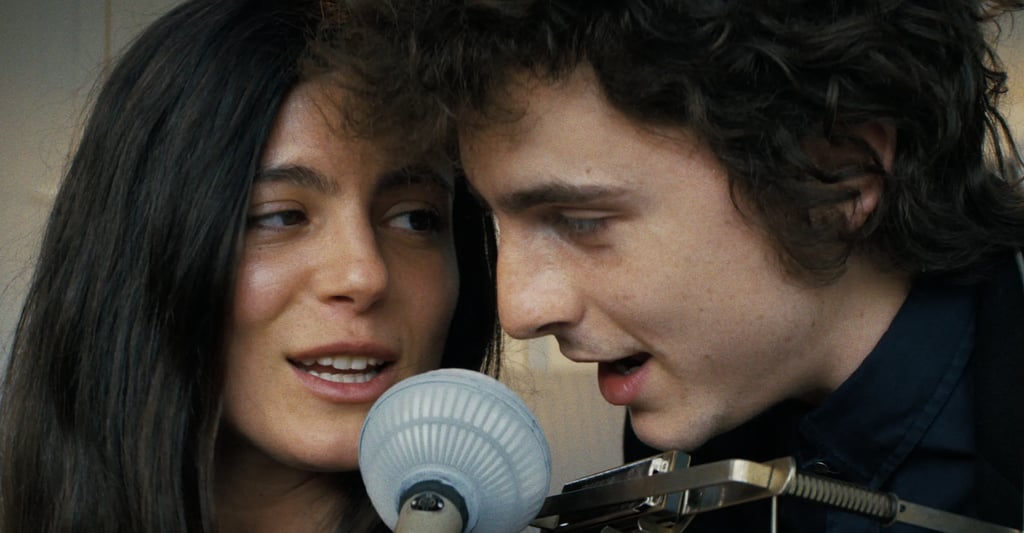

#10. A Complete Unknown (Dir. James Mangold)
James Mangold’s portrait of Dylan’s electric rise avoids the biopic trap by refusing to explain him. Instead, it soaks in the energy of the time — the chaos, the reinvention, the alienation and defiance. Timothée Chalamet doesn’t imitate; he embodies a Dylan-shaped spirit — all wry detachment, twitching restlessness, and sudden sincerity. The musical sequences don’t feel staged — they feel lived. Monica Barbaro’s Joan Baez is a revelation, and Ed Norton strumming a banjo is an unexpected joy. The film mostly chooses to sidestep the mythology and instead evokes the feeling of Dylan inventing the future in real time. Even if I didn't love the press tour moustache, and could drone on about his SAG acceptance speech... Chalamet here really is 'great'.
Subscribe for Film Insights
Get the latest reviews and discussions delivered monthly.
CONTACT tom.christopher.writer@gmail.com
© 2025. All rights reserved.
